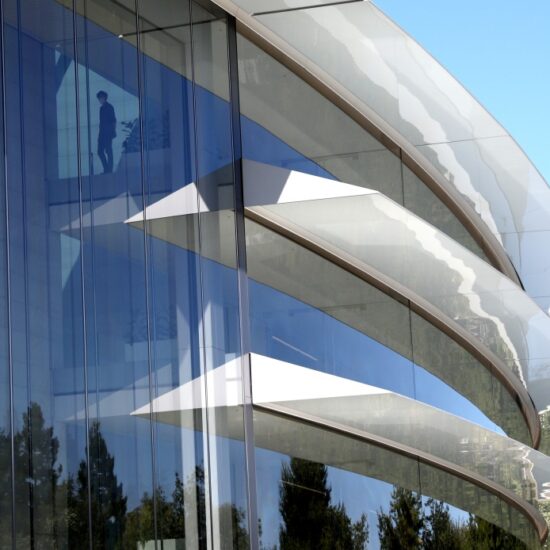
Even virtual employees aren’t safe from the artificial intelligence revolution replacing them, as evidenced by Microsoft’s Cortana app for Windows getting the boot later this year in favor of the company’s newer, fancier assistant tools.
Cortana is a virtual assistant that can set reminders for you, look up queries, and perform similar tasks that will now be handled by a range of newer Microsoft tools. The assistant will still exist in some capacity, such as Outlook mobile and Teams mobile, but the main app on Windows will no longer be supported as of late 2023, according to Microsoft.
As to why Microsoft is abandoning Cortana, the company’s blog post summed it up tidily: There are newer tools that do the virtual assistant job just as well or better. The post noted that Windows 11’s voice access tool, which lets you operate your PC and write with your voice, covers the speech portion of Cortana’s toolset. There’s also the new AI-infused Bing search, which replaces Cortana’s search utility. And lastly, there’s Windows Copilot, which will be an AI-driven assistant that is designed to take Cortana’s core helper functionalities to the next level.
Though Microsoft minimizing redundant offerings is a logical progression of the company’s Windows toolkit, this development is sad news for fans of the soon-to-retire AI assistant. Unlike other AI helpers, Microsoft’s Cortana actually had lore attached to her (hence why a virtual assistant has pronouns).
Her Windows presence was inspired by her existence within Microsoft’s “Halo” franchise, where she served as a virtual assistant for the player. This is why the in-game Cortana and her Windows counterpart share the same voice actor, Jen Taylor.
Gamers who appreciated her persistent presence across Microsoft’s gaming and computing divisions may not be satisfied with Cortana’s new AI replacements, should they lack sufficient personality. Personality aside, though, the new tools are advertised as being worthy successors and useful additions to the Windows family. Copilot, in particular, has been promoted as an assistant capable of creating a user-friendly Windows experience for those who aren’t tech savvy or simply dislike futzing with the operating system’s labyrinthian menus.
A spokesperson for Microsoft didn’t immediately respond to TheWrap’s request for comment.















